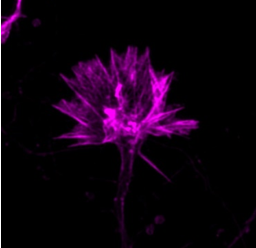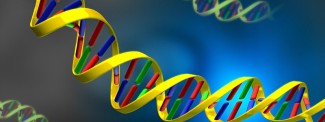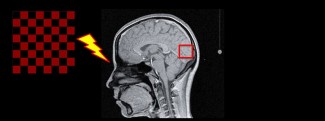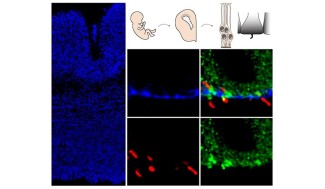There is no cure for Huntington’s disease, but symptomatic treatments are available. Patient care involves pharmacological and rehabilitation treatments, and establishing an appropriate medical and social framework.
The management of Huntington’s disease is multidisciplinary, to address all the patient’s symptoms and help them in their day-to-day lives in the best way possible. A national diagnostic and care protocol provides a basis for caregivers to provide the best possible support for patients and their families.
Because Huntington’s disease is progressive, end-of-life care must be discussed and planned early on with the medical team and those close to the patient.
Research into curative therapies for the disease is active and ongoing, and the new pathways being explored are promising.
Specialist centers are key to improving patient care, advancing research, and raising awareness about the challenges presented by diseases. The neurogenetics specialist center within the Brain Team network, which focuses on rare central nervous system conditions, is coordinated by Professor Alexandra Durr at Pitié-Salpêtrière hospital and at Paris Brain Institute.
Drug treatments
Antipsychotics can partially suppress chorea and restlessness. Antidepressants, anxiolytics and mood modulators can help with psychiatric disorders such as depression and anxiety.
At Paris Brain Institute
An energy deficit has been identified in Huntington’s disease. Dr Fanny Mochel and Professor Alexandra Durr have found that a synthetic oil influences brain metabolism in the disease. The initial results of this research are very encouraging, and a larger scale study is underway.
Alexandra Durr’s team is conducting a phase I/II therapeutic trial aimed at correcting a defect in a key enzyme in cholesterol metabolism through a viral vector delivered into patients’ brains.





